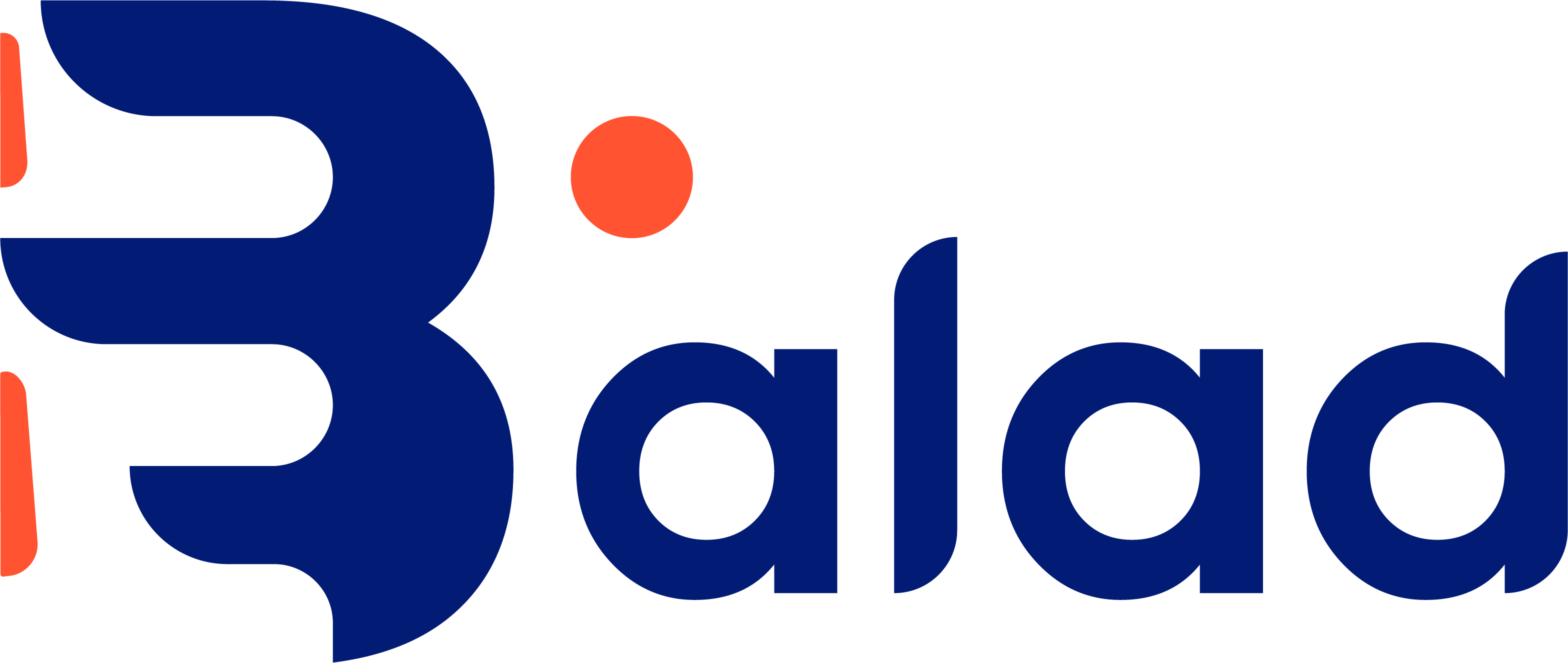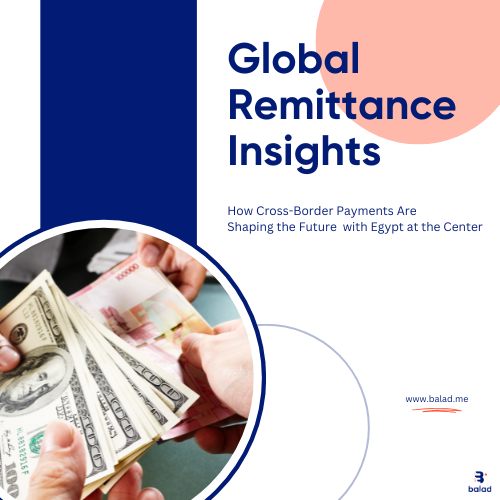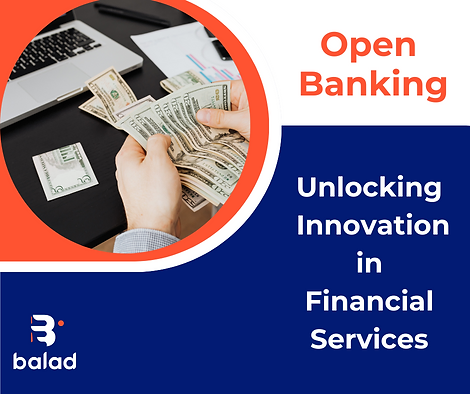Egypt is one of the world’s largest remittance markets, with inflows exceeding $30 billion annually according to the World Bank. For millions of Egyptians, these funds are not just transactions—they’re lifelines. They pay for daily necessities, school fees, healthcare, and unexpected emergencies.
Yet for many financial institutions, getting money to Egypt quickly, securely, and cost-effectively remains a complex challenge. Delays in settlement, fragmented payout networks, and regulatory hurdles can erode customer trust, shrink margins, and create unnecessary operational strain.
The institutions that thrive in this corridor are those that combine advanced automation with deep local expertise—turning operational complexity into a strategic advantage. This is not just about moving funds; it’s about building an end-to-end payout process that is fast, secure, and recipient-focused.
Why Egypt Is a Strategic Corridor
Remittance flows to Egypt are both high in volume and strategic in nature. The country consistently ranks among the top five global recipients of remittances, and its diaspora is spread across the Gulf, North America, Europe, and beyond.
For financial institutions, this presents:
• A high-volume, high-frequency market where transaction scale can translate into meaningful revenue.
• A diverse sender base across multiple regulatory environments.
• Strong currency conversion demand, as inflows are primarily converted into Egyptian Pounds (EGP).
However, this opportunity is matched by operational complexity—the challenge of navigating Egypt’s banking infrastructure, varied settlement cycles, and recipient preferences.
The Two Pillars of Operational Excellence
1. API Integration: Automating the Egypt Payout Lifecycle
Manual processes slow down settlement, increase error rates, and consume operational bandwidth. An API-led approach allows institutions to streamline every stage of the payout process.
A robust Egypt-focused API should:
• Unify bank and wallet integrations into a single connection.
• Automate FX conversion to EGP with live rate updates and transparent margin control.
• Route transactions intelligently to optimize settlement times and minimize costs.
• Provide end-to-end visibility with real-time tracking and status updates.
Impact in numbers:
• Settlement time reduced from 48–72 hours to under 24 hours.
• Operational error rates cut by up to 40%.
• Improved reconciliation speed, freeing teams to focus on higher-value activities.
Example:
A mid-tier MTO servicing Egypt shifted from manual file uploads to API integration with a local payout partner. As a result, they increased transaction capacity by 60% without adding headcount, while their average settlement time dropped by more than half.
2. Local Expertise: Navigating Egypt’s Payout Realities
Even the best technology is only as effective as its local execution. Egypt’s diverse financial ecosystem requires a deep understanding of how, when, and where recipients prefer to access their funds. Each payout channel has its own operational dynamics and recipient expectations.
• Bank Deposits: Ideal for recipients with existing accounts, offering direct transfers in EGP. Settlement times vary depending on the bank, but with the Instant Payment Network (IPN), amounts under USD 1,000 can be credited instantly, even outside business hours. Bank transfers are preferred for high-value remittances and urban recipients who rely on digital banking services.
• Mobile Wallets: Growing rapidly due to the Central Bank of Egypt’s push for digital payments via InstaPay. Wallet payouts offer near-instant availability of funds, making them popular for everyday expenses. Wallet adoption is strongest among younger, tech-savvy recipients, and also enables payments to merchants and billers directly from the app.
• Cash Pickup: Still a vital channel for many recipients, especially in rural areas or among those without bank accounts. Cash pickup requires coordination with local agents and liquidity management to ensure funds are available when recipients arrive. Strategic routing and real-time cash availability monitoring can significantly reduce failed pickup attempts.
A critical development is Egypt’s Instant Payment Network (IPN), which enables transactions under USD 1,000 to be credited instantly—including evenings, weekends, and public holidays—directly into recipients’ bank accounts or wallets. Leveraging IPN in your payout strategy means you can meet recipient expectations for real-time access while reducing dependency on branch cash availability.
Partnering with an entity that has granular, on-the-ground operational reach ensures these capabilities are fully maximized. Such partners can:
• Route qualifying payments through IPN for instant delivery.
• Advise on the most efficient payout channel based on transaction size, urgency, and location.
• Monitor liquidity at cash points and manage exceptions before they escalate.
This local intelligence means your institution can deliver predictable, reliable service to recipients without building its own costly infrastructure in-country.
Operational Pain Points in Egypt’s Cross-Border Payouts
Without automation and local expertise, institutions often face:
1. Inconsistent settlement times due to varied bank processing cycles.
2. High operational costs from manual reconciliation and exception handling.
3. Failed or delayed payouts from liquidity shortages or incorrect routing.
4. Regulatory risks from incomplete KYC/AML processes or unfamiliarity with local compliance norms.
Each of these issues can impact both customer satisfaction and profitability.
Measuring the Impact of Optimization
| Metric | Before Optimization | After Optimization |
| Average Settlement Time | 48–72 hours | < 24 hours |
| Error Rate | 3–5% | < 1% |
| Customer Repeat Rate | 40% | 80%+ |
| Reconciliation Time | 2–3 days | Same day |
| Instant Payout Capability | Limited | <$1,000 in seconds via IPN |
Beyond operational KPIs, institutions report higher transaction volumes, lower refund costs, and stronger client retention.
Compliance as a Strategic Asset
In Egypt’s regulated environment, compliance is not just a box-ticking exercise—it’s a market entry requirement and a brand differentiator. A well-integrated API and a partner with direct Central Bank-compliant payout rails ensure that your transactions are both fast and secure. This builds trust not only with recipients, but also with regulators and correspondent partners.
The Strategic Payoff
For institutions looking to expand their footprint in Egypt, operational optimization is not optional—it’s a competitive necessity. By combining technology-led automation with local operational expertise, you can:
• Increase transaction speed without increasing headcount.
• Reduce operational risk and compliance exposure.
• Offer a superior customer experience that encourages repeat business.
From Concept to Execution
Balad offers an API-based payout platform fully integrated with Egypt’s banking and wallet infrastructure, supported by deep local operational expertise.
• Coverage includes bank deposits, mobile wallet top-ups, and cash pickup across Egypt.
• Real-time transaction tracking and automated reconciliation are built in.
• All transactions are processed through Central Bank-compliant rails, including instant payouts under $1,000 via IPN.
If your goal is to serve Egypt’s $30 billion remittance market with speed, security, and recipient convenience, this is the time to upgrade your operational backbone.
Ready to elevate your Egypt payout operations? Talk to our team about how we can help you combine automation and local expertise for measurable impact.








It’s striking to see just how vital these remittances are for so many Egyptians, covering everything from school fees to emergencies—it really highlights the importance of efficient transfer systems.